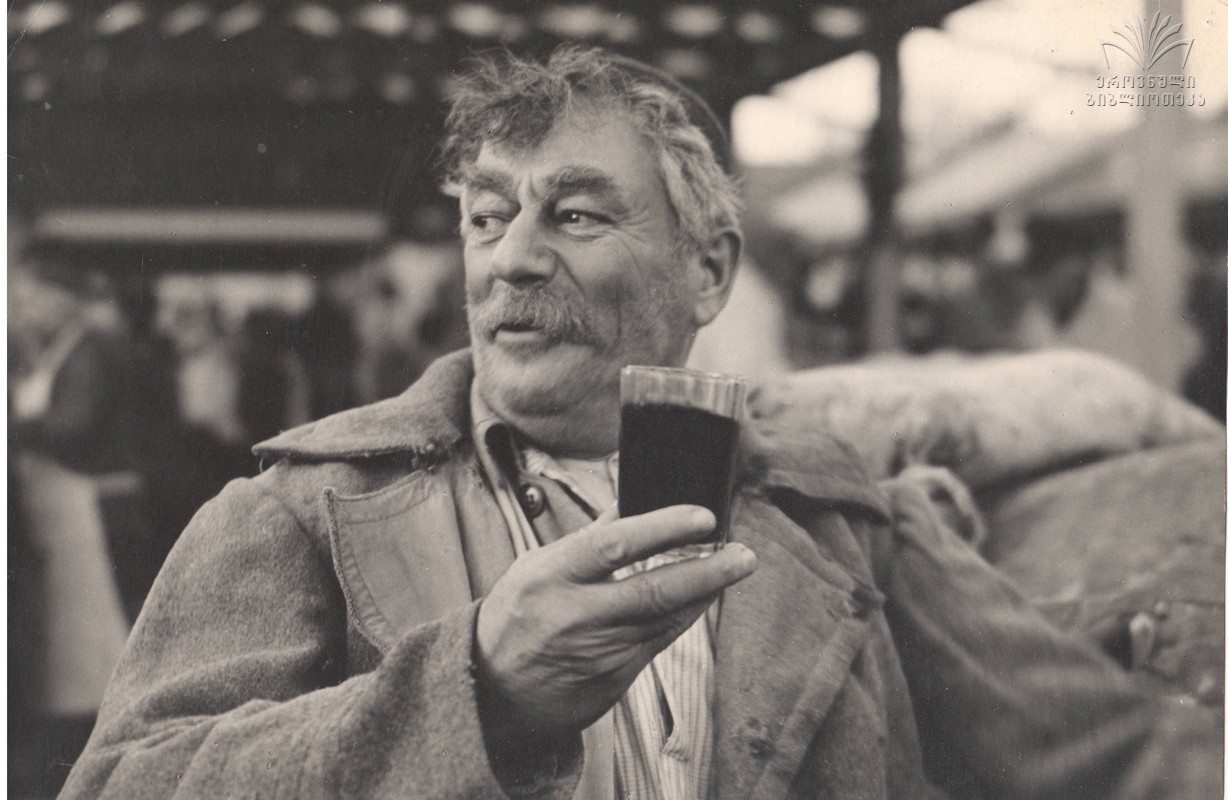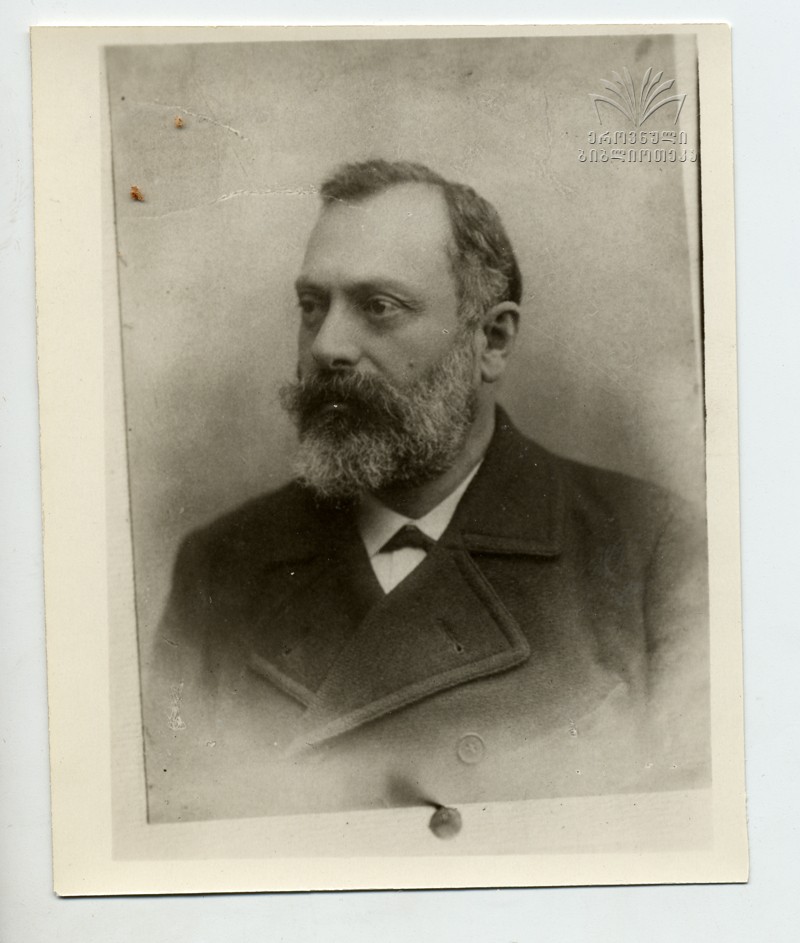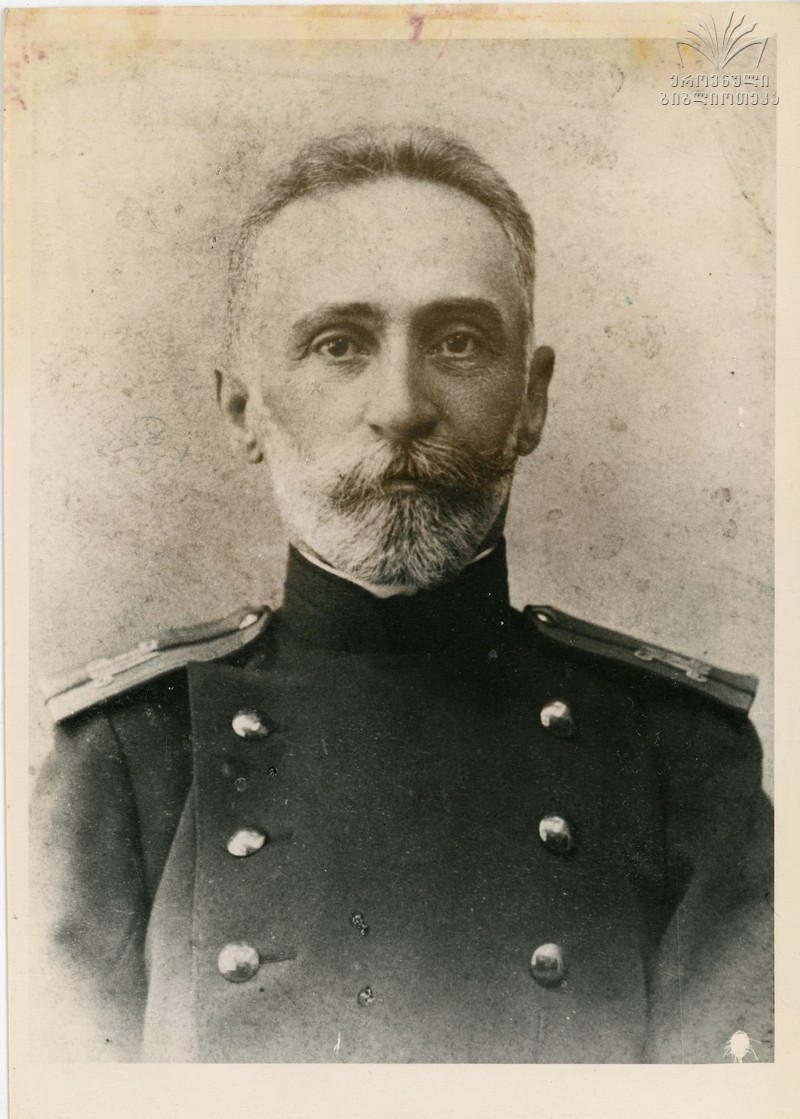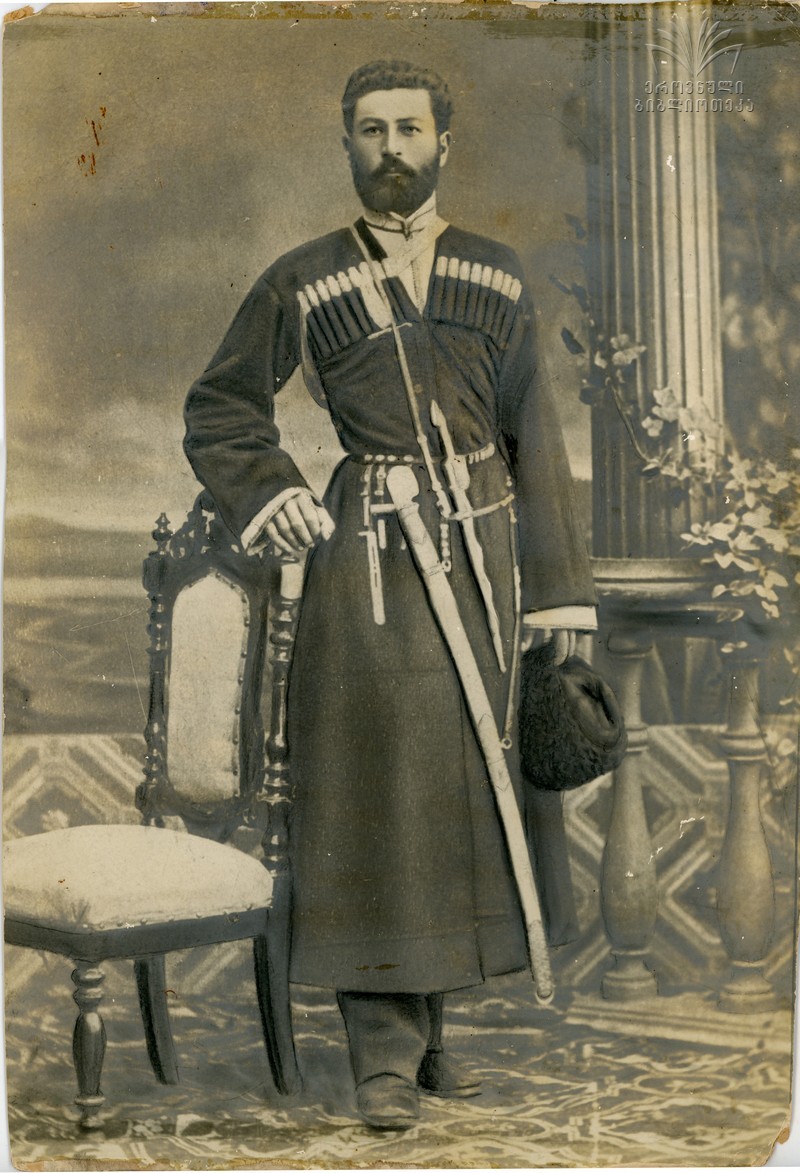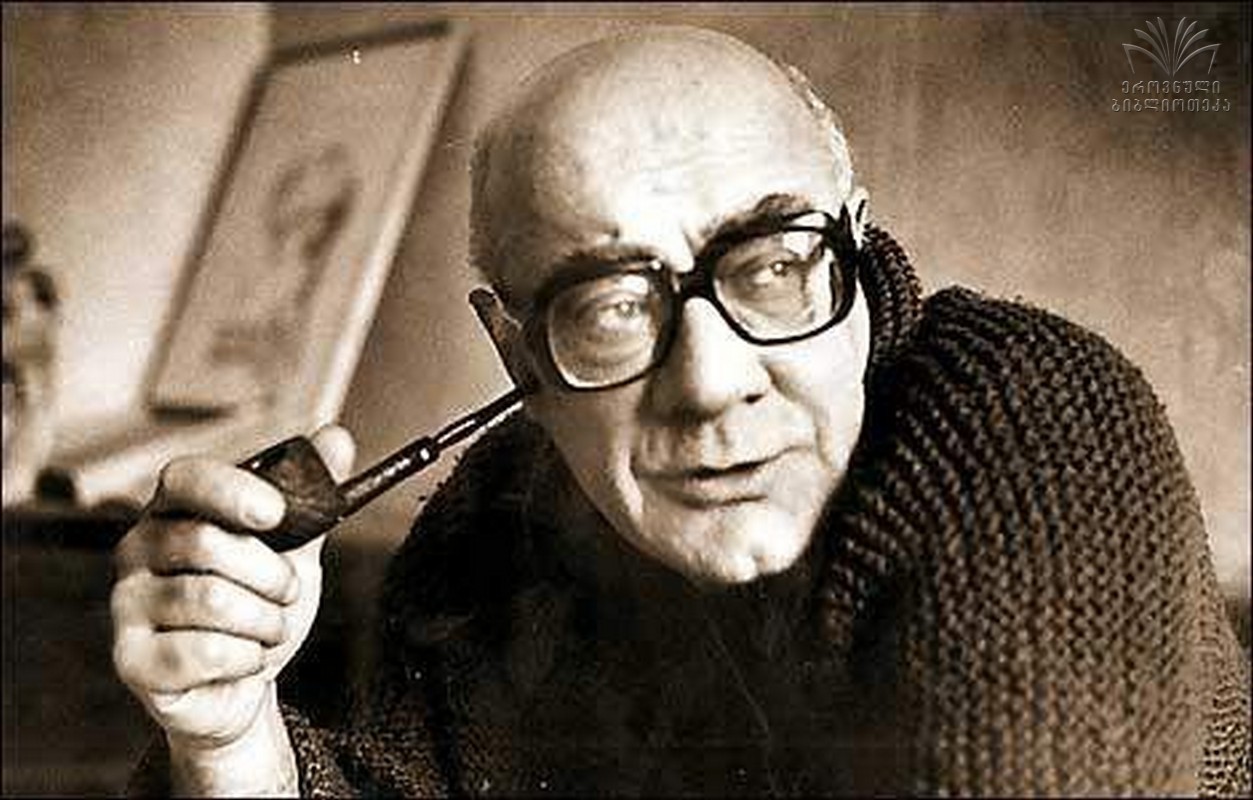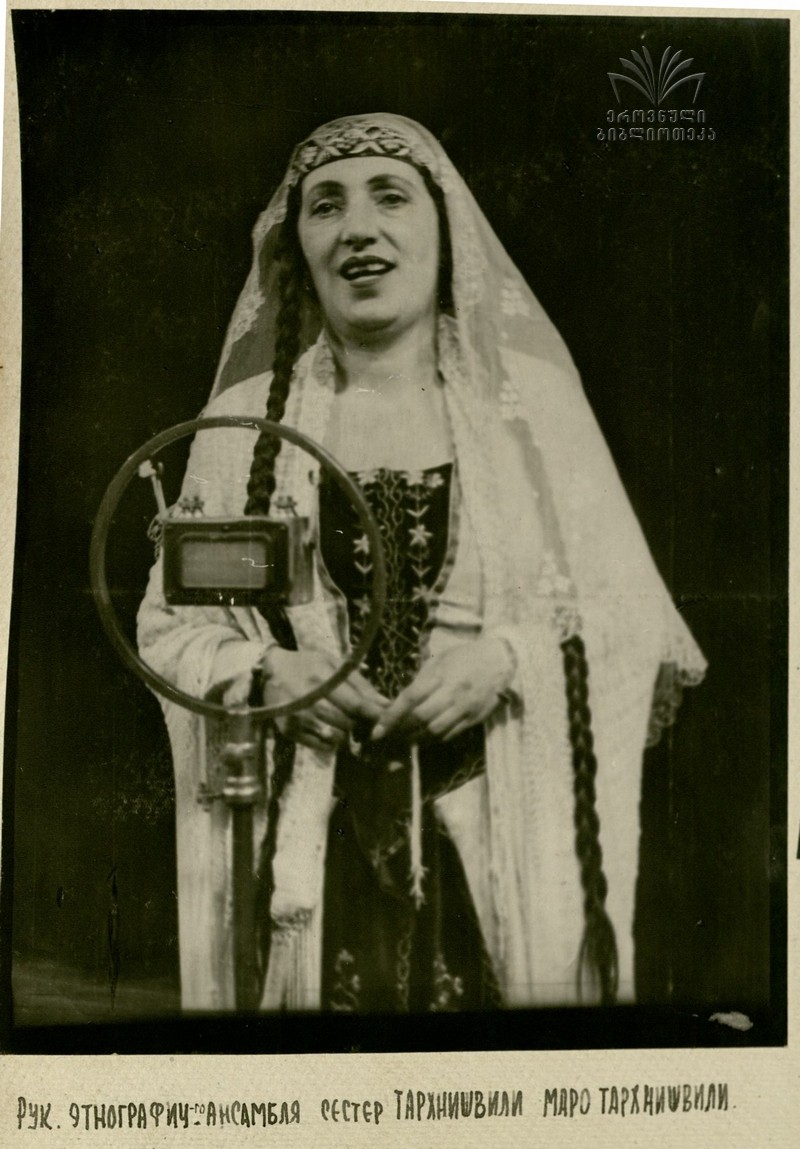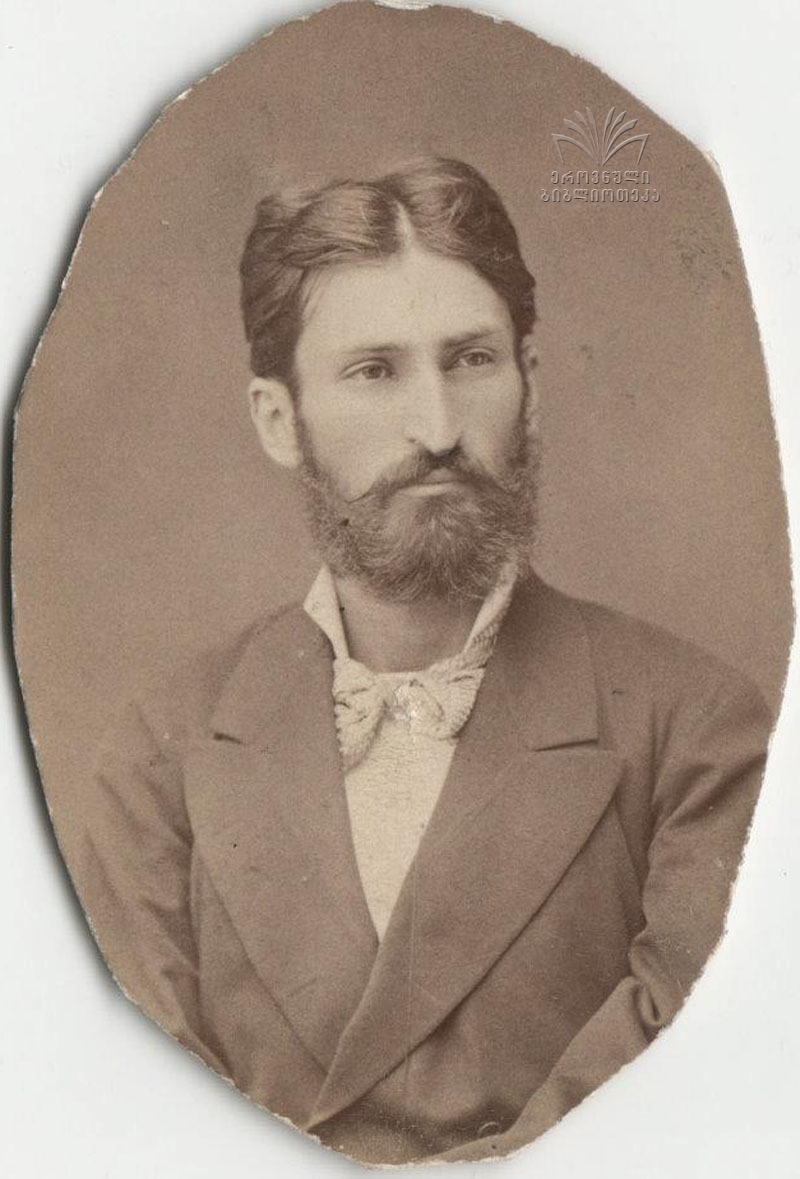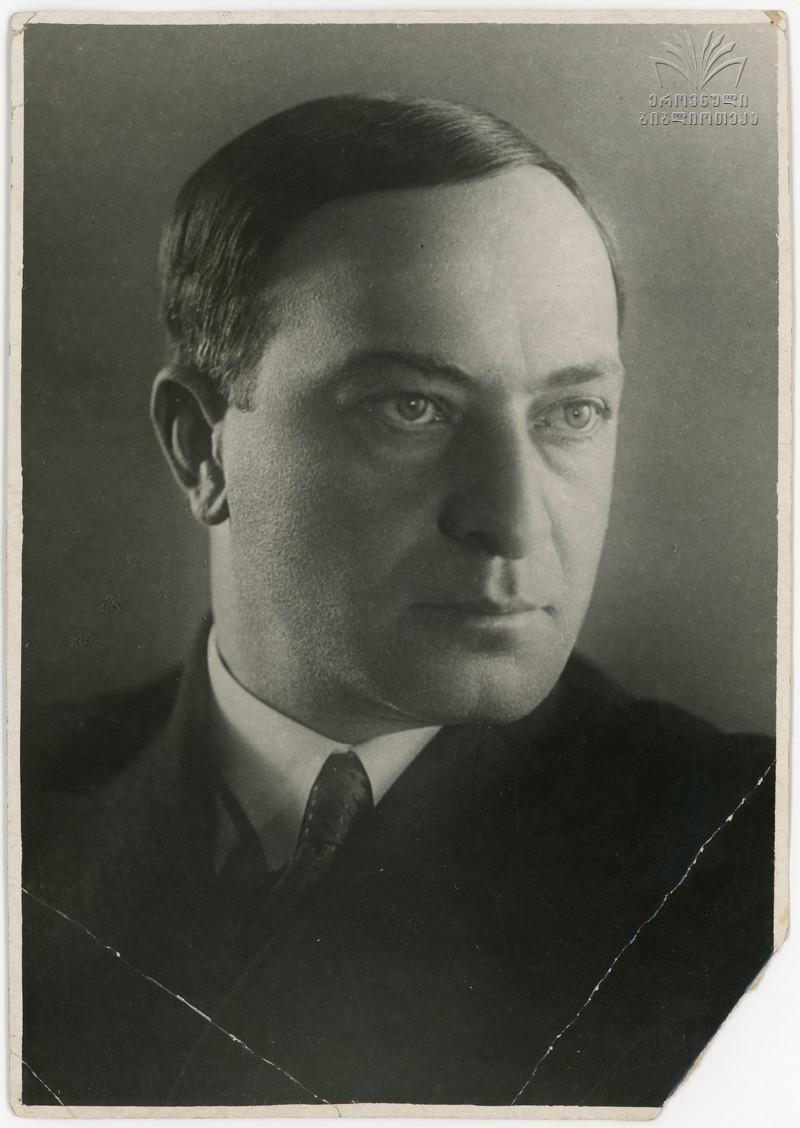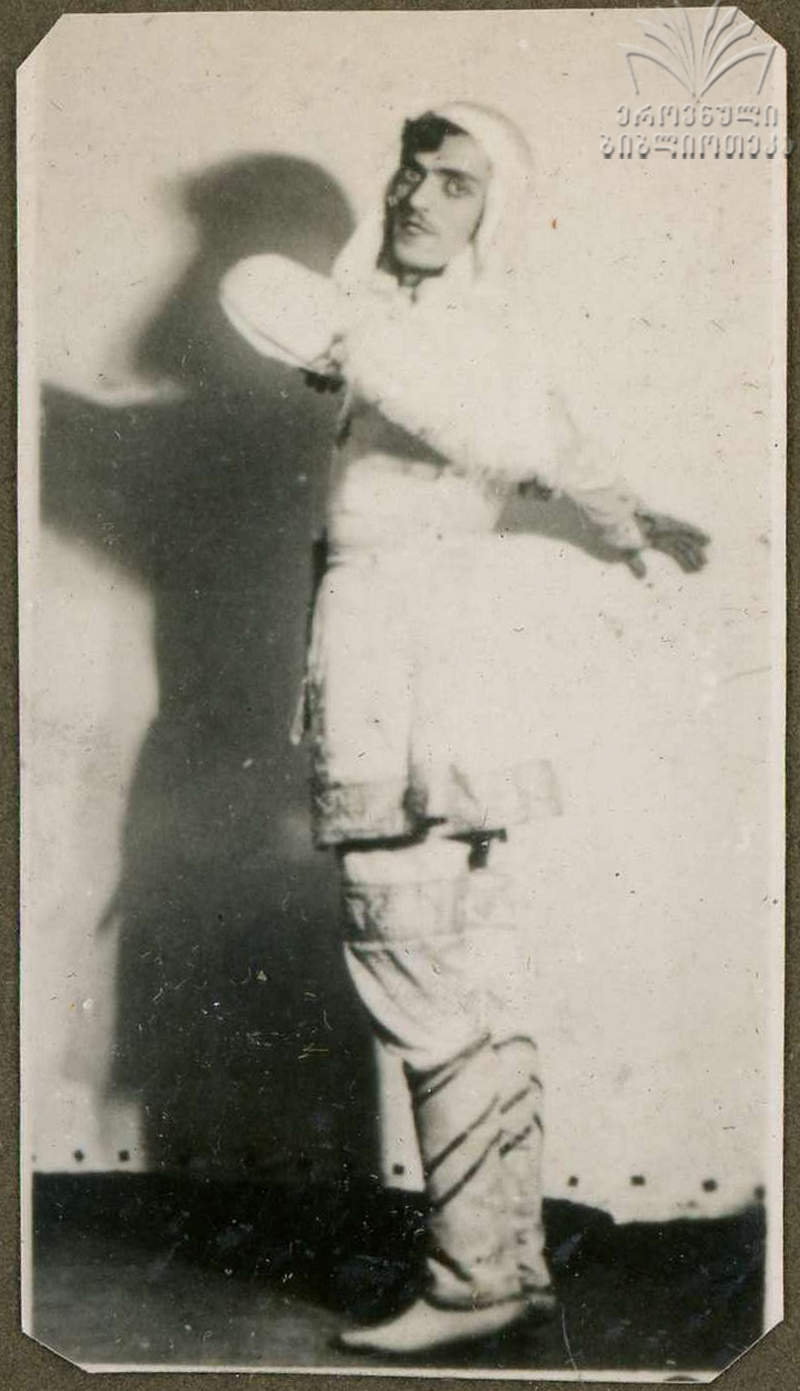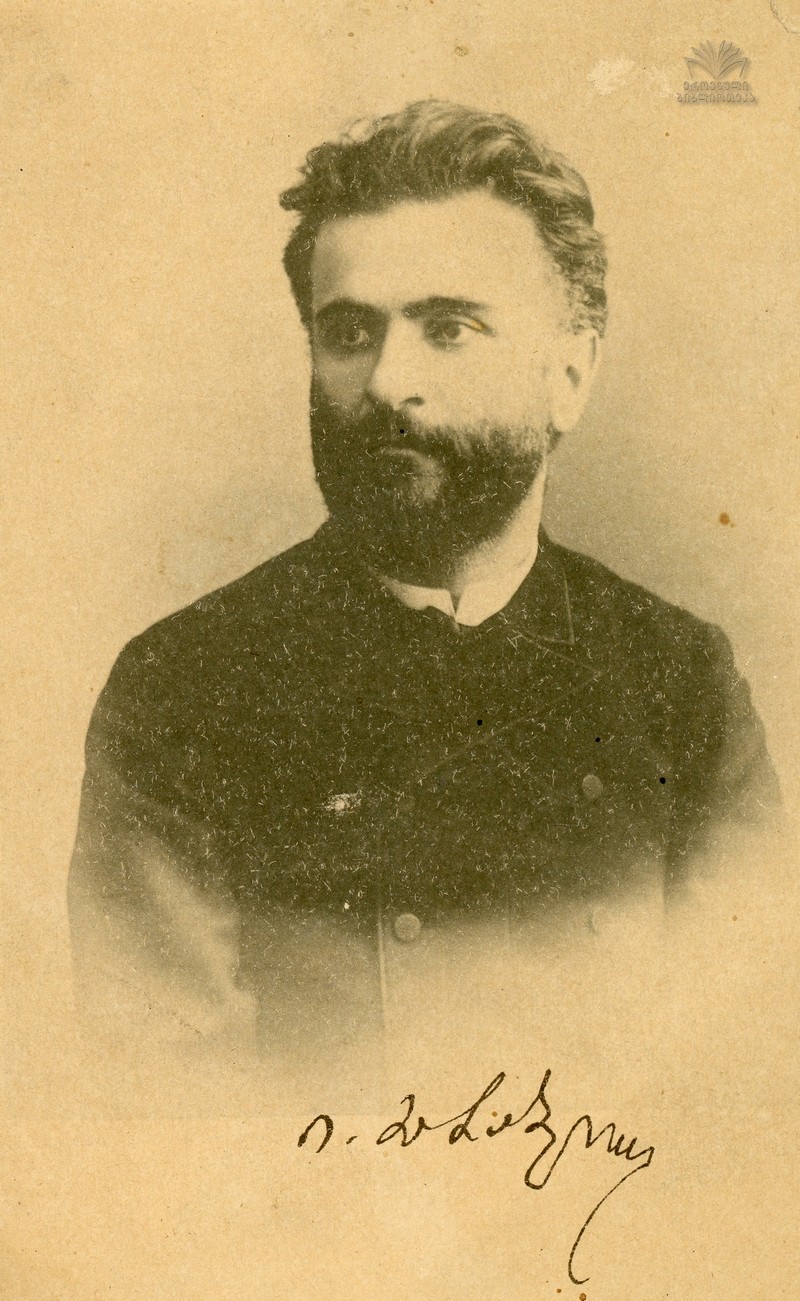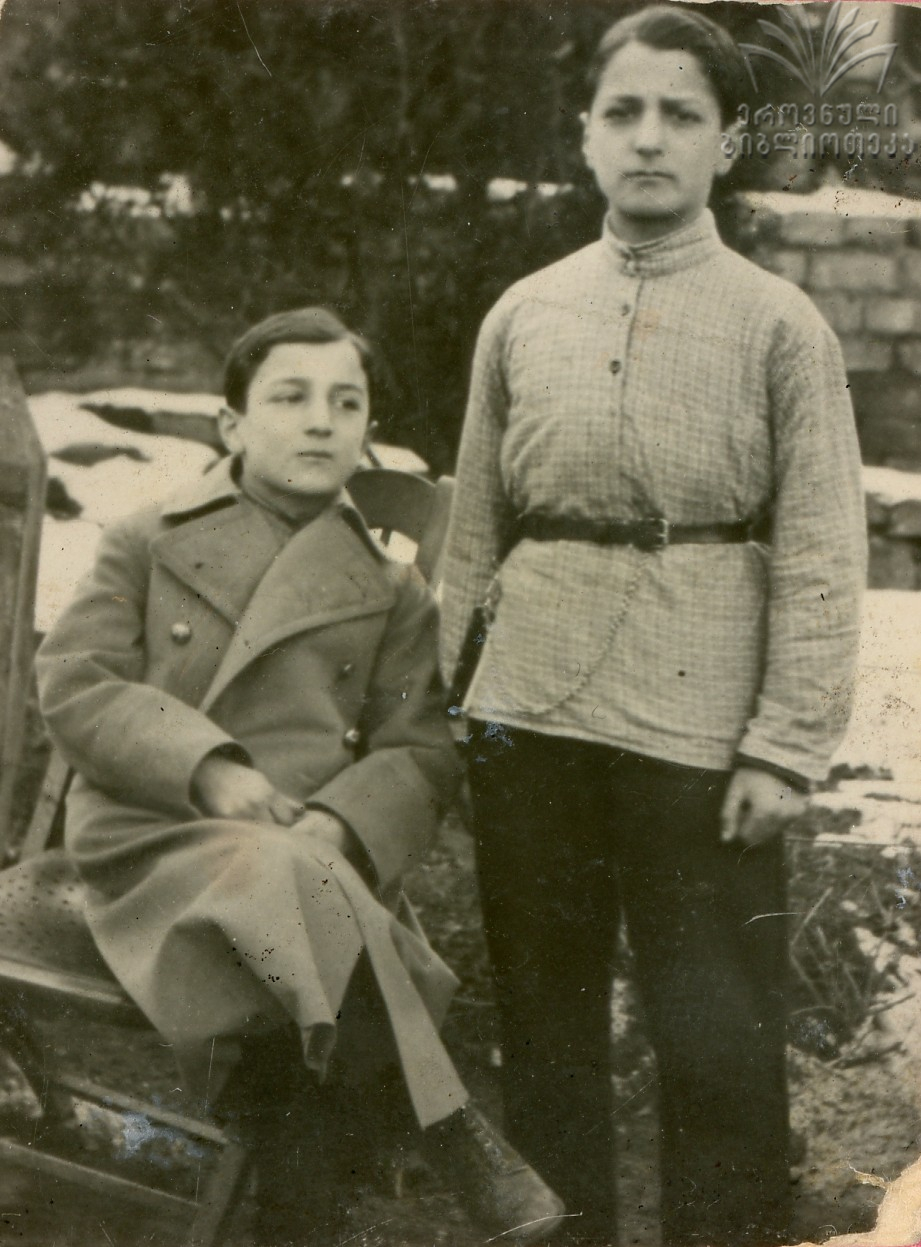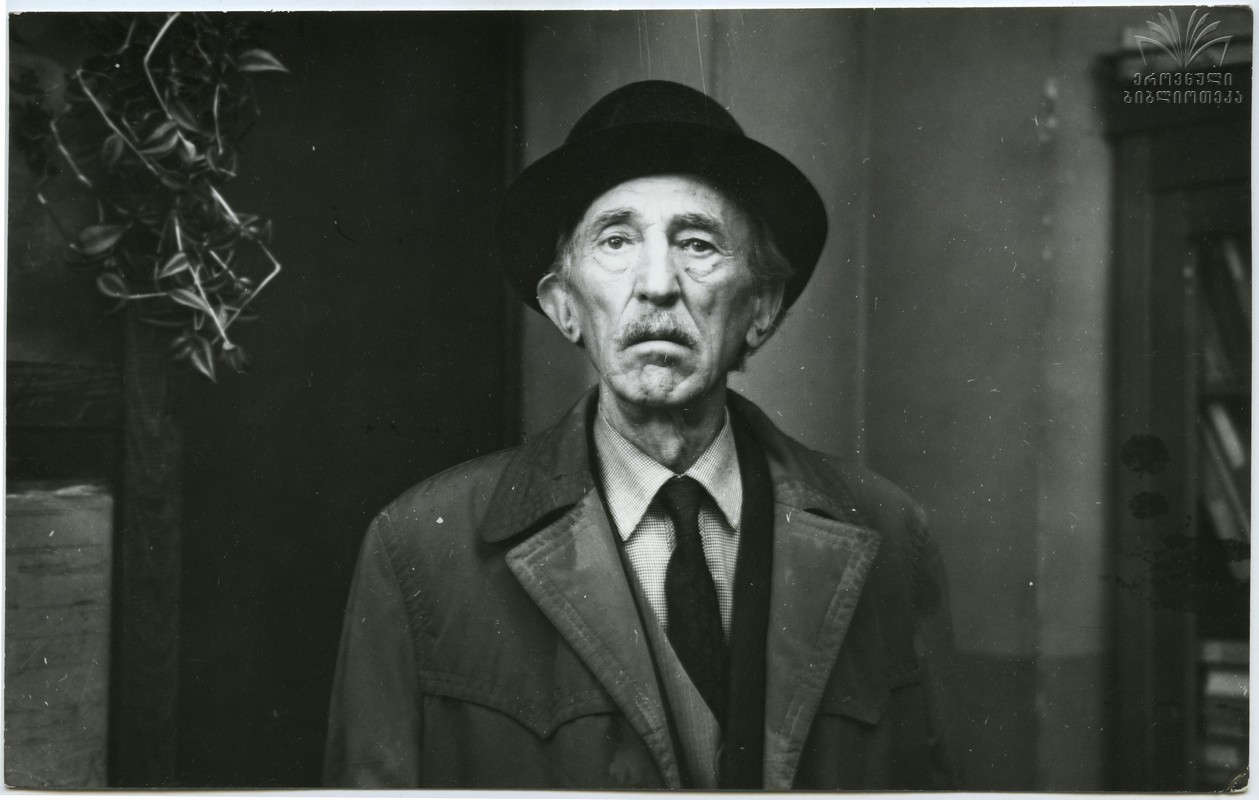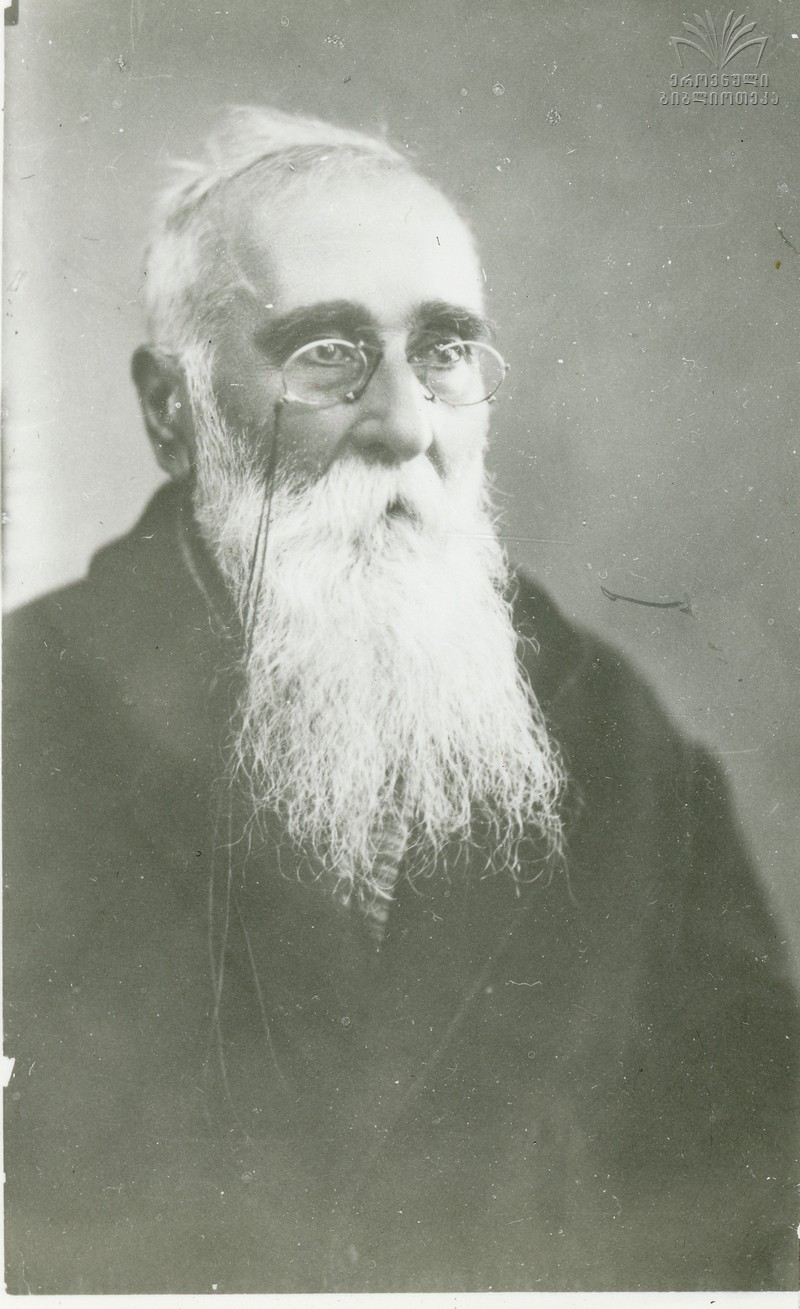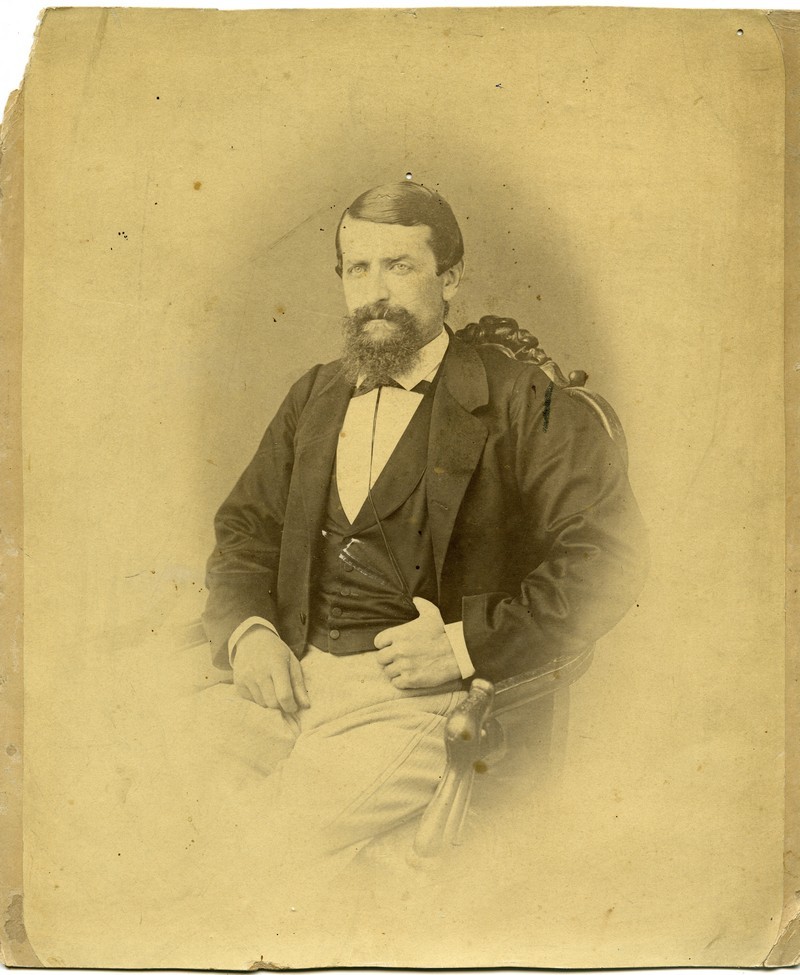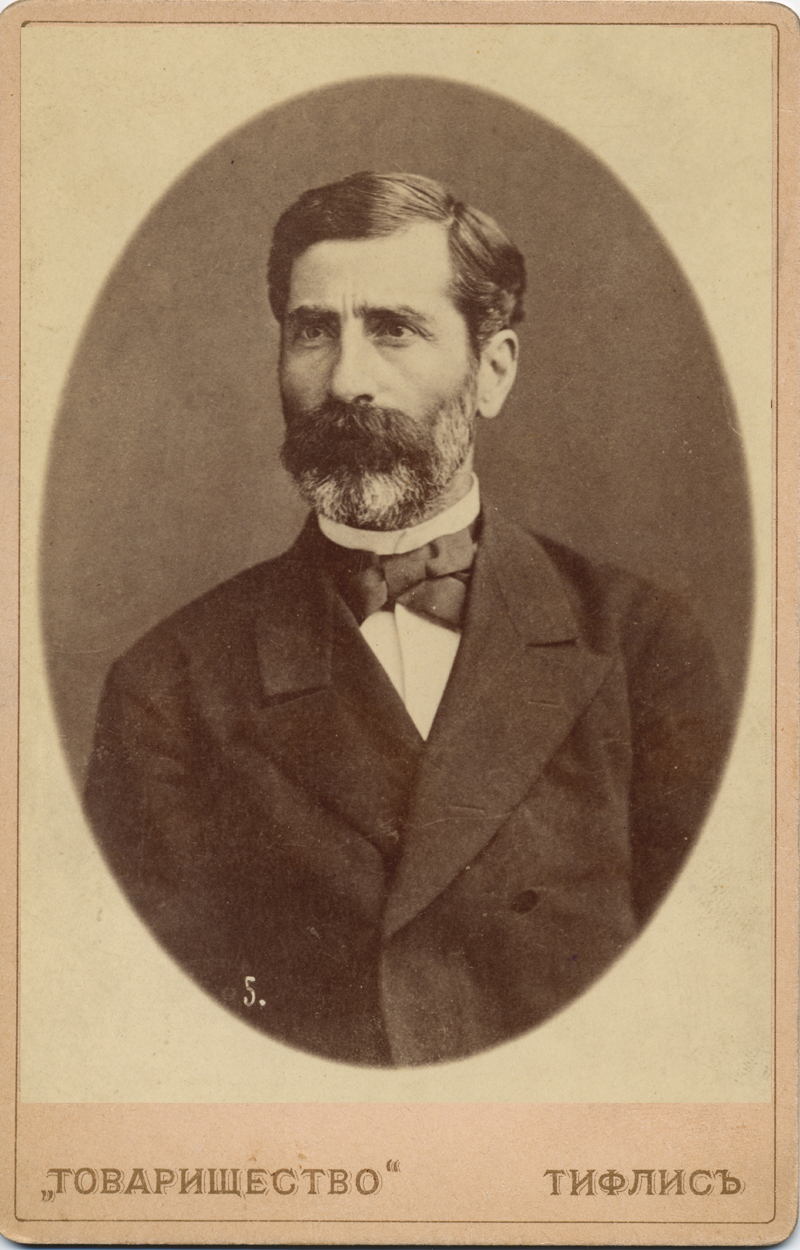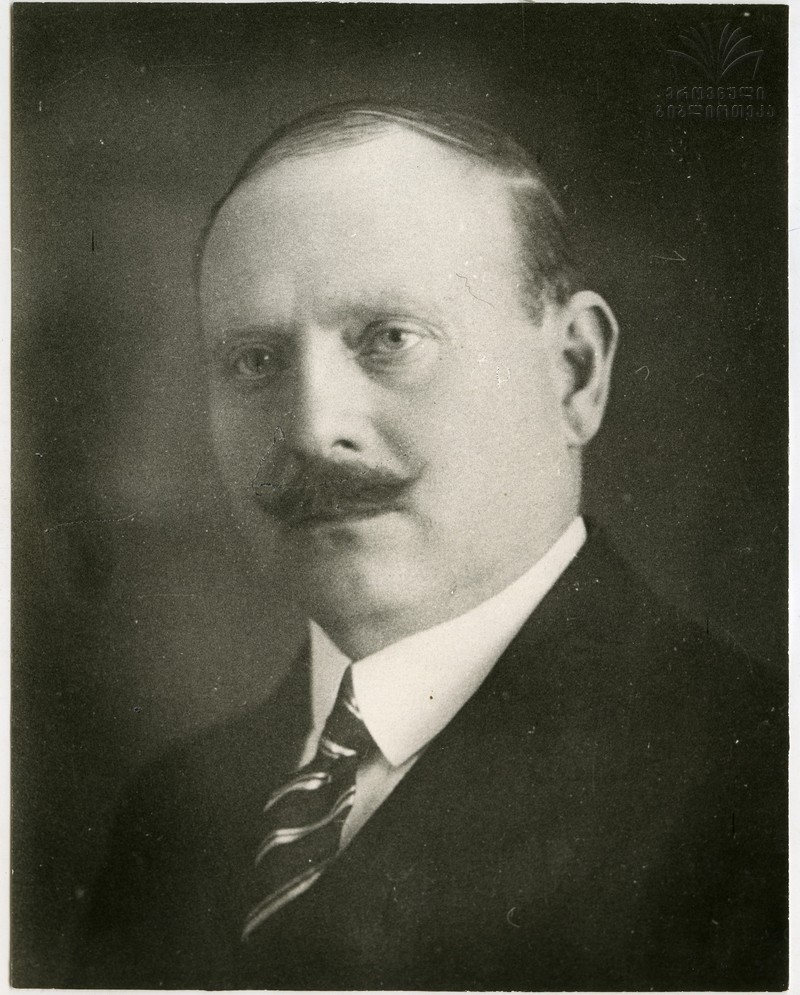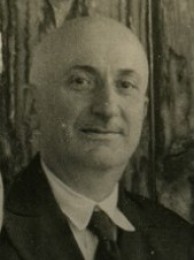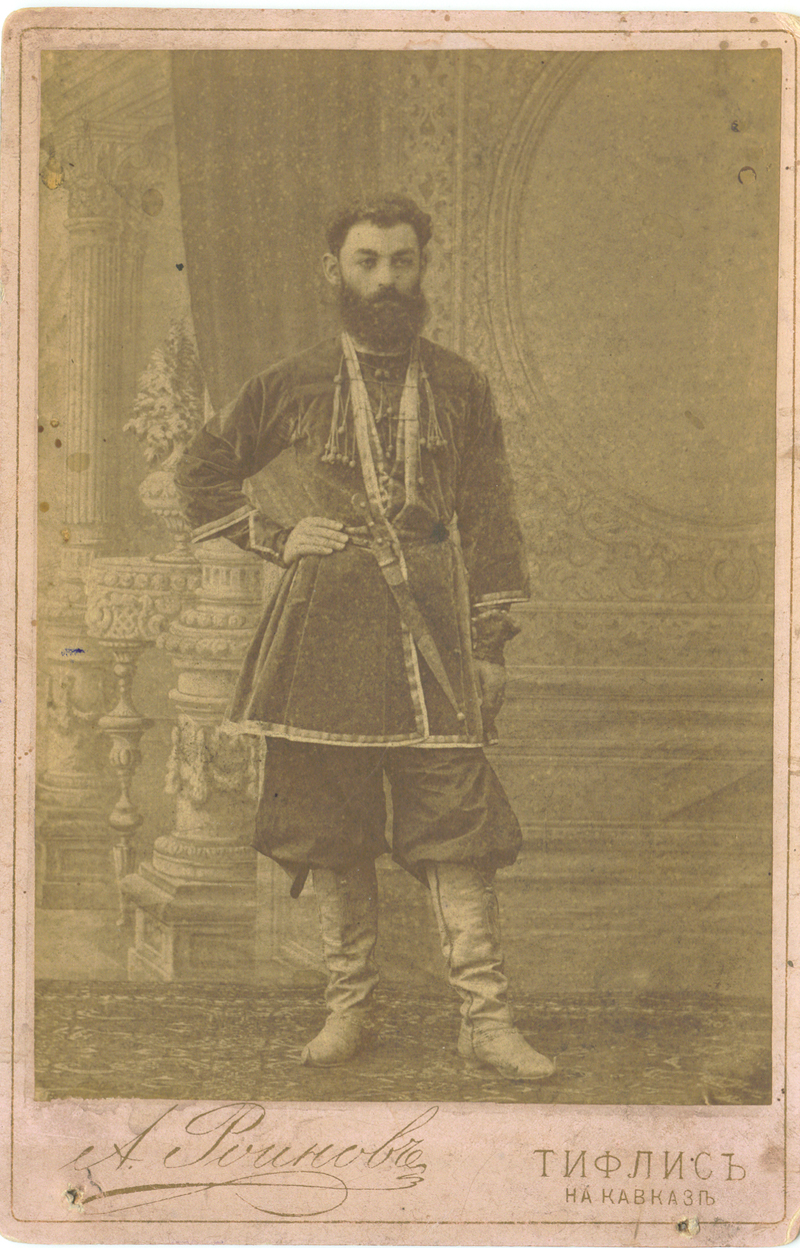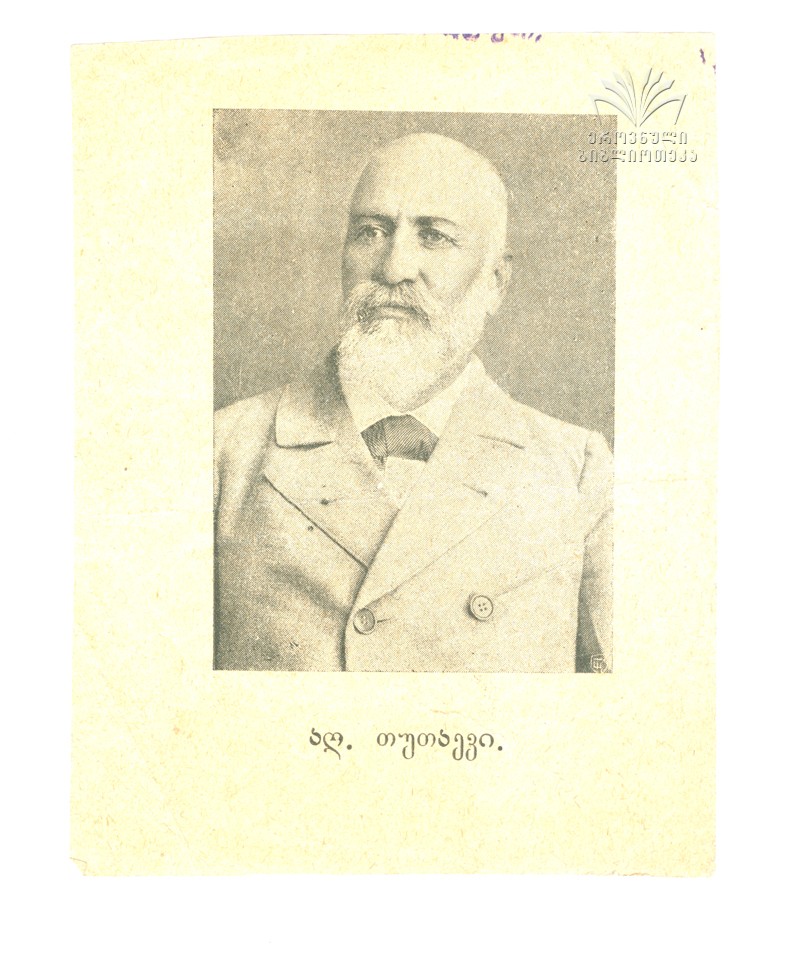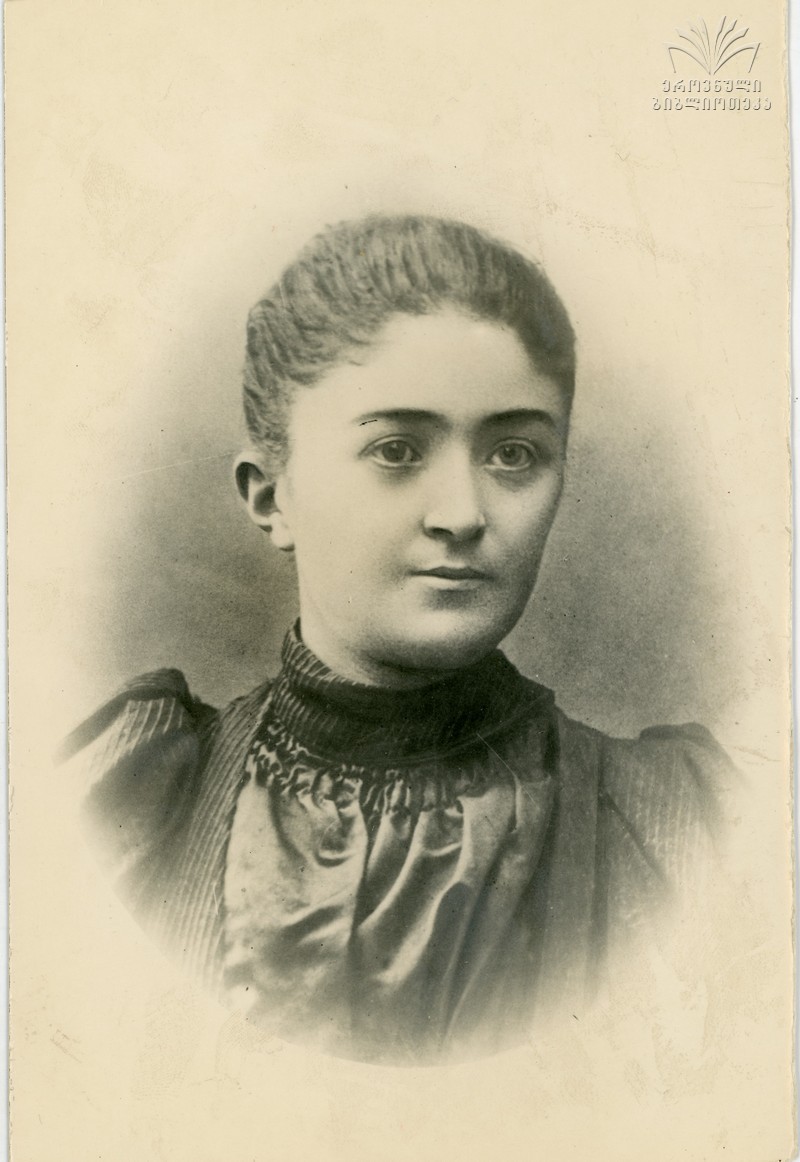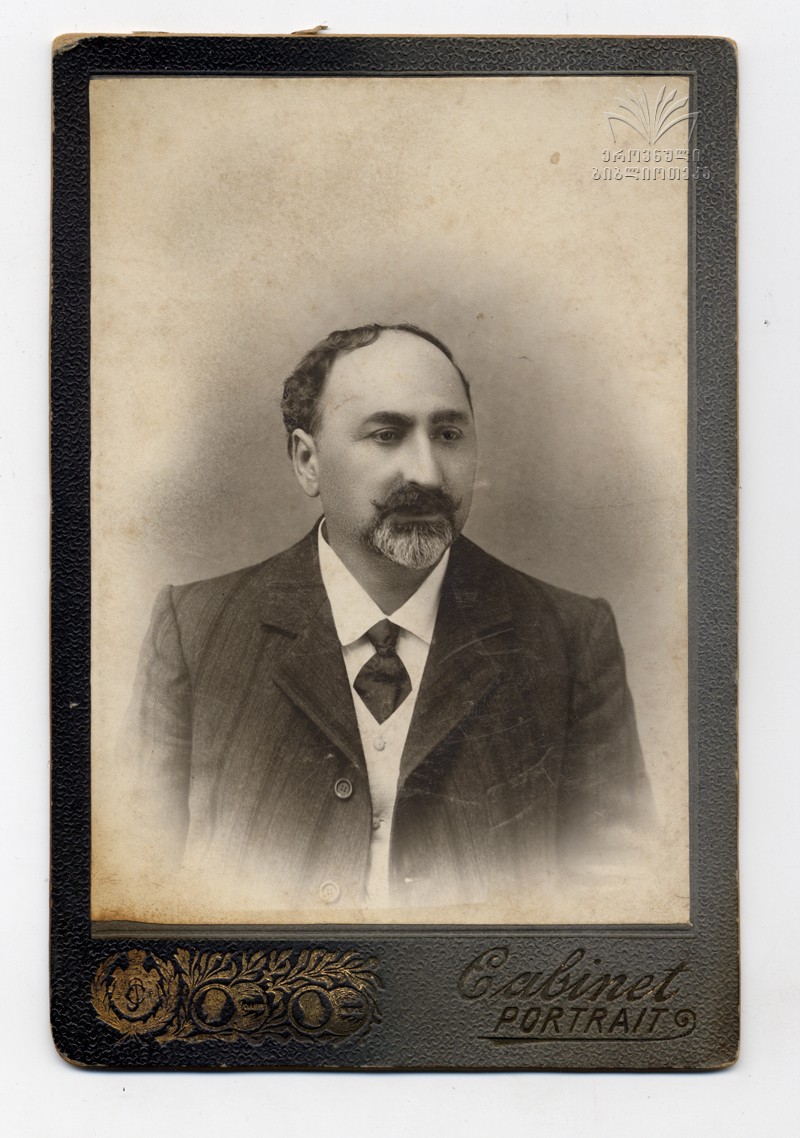Sergo Nadimashvili
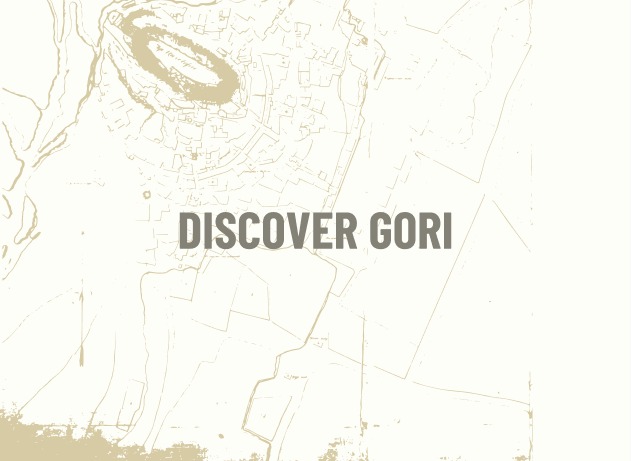
Archaeologist - Sergo Nadimashvili, an honored archaeologist, historian, labor veteran, as well as a holder of an honorary certificate and honorary medals from socialist competitions, was born on 25 October 1917 in the village of Tkviav , raised by his mother and elder sister. In 1925, he entered the 2nd trial-model school in Tbilisi. In 1932, he began his studies at the Transcaucasian Hydrogeodetic Technical College , then at the Gori Educational Institute. After graduating from there he continued his studies at the Archaeological Department of the Historical Faculty of Tbilisi State University. Nadimashvili worked while studying as in the field of archeology in the State Museum of Georgia, and in the archaeological expeditions of Professor Boris Kuftin. From 1935 onwards, he worked for 14 years in the Gori Local History (later Gori State Historical-Ethnographic) Museum, again in the field of archeology. Upon Ivane Javakhishvili's recommendation, in 1936, Nadimashvili joined the legendary Trialeti archaeological expedition.
Archaeological expeditions
He considered it his calling to search for traces of the past buried in the ground. During his career, he helped many young archaeologists in preparing their dissertations. In 1939, Nadimashvili, again on the recommendation of Javakhishvili, conducted archaeological excavations at Gori Castle, where he found ancient remains along with feudal monuments, and in 1940, together with Professor Sergi Makalathia , he conducted the first archaeological excavations in the village of Tkviav . Nadimashvili is associated with many successful archaeological expeditions and the discovery of many materials valuable to the study of the ancient history of Georgia and the Caucasus including Tkviavi Korghan tombs, Frone Gorge, Dvani, Tirifoni Valley, and Ateni Gorge. He was also among the first to start studying "Gudabertka,” a monument from the 3rd millennium BC.
